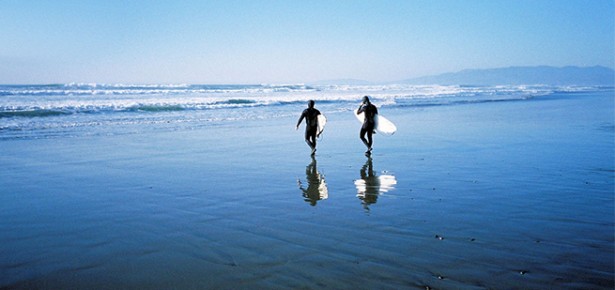
Ironically, although the common law is showcased as a conservative and past-respecting process, its energizing dynamic is one of transformation and change. In its best moments, the heart of the common is its game-changing character. My Is Killing People Right? More Great Cases That Changed the World strives to plot and illustrate those defining moments – great cases – when personality, politics and circumstances combine to throw over the legal past in favor of a tentative better.
The common law is, as one English judge phrased it, “a living tree” – it is an organic, thriving and always surprising work-in-progress. Yet it is not one that is only “capable of growth and expansion within its natural limits,” as the judge went on to claim. But just as there is no measured and evolutionary dynamic at work nor is it haphazard, capricious or arbitrary in its progress. The common law has no natural way to proceed that stands entirely or largely aside from those tasked with tending it or from the informing context in which they find themselves. Also, it is much more a mixed forest than a single tree.
As social climates change and judicial gardeners come and go, the status and appeal of the forest’s different arboreal species change too. There are few legal equivalents to the old-stand forests of Redwood. Although Marbury may be said to have withstood the test of time, this is as much to do with its constant tending, pruning and revitalization as anything else. In contrast, Roe has managed to survive for 50 years, but only in a much more truncated and pruned-back form; judicial gardeners have succumbed to the social pressures to cut back its more expansive flowering, almost killing it in the process.
Similarly, Macaulay remains a part of the common law’s garden, but its propensity to propagate widely has been held in check by a less than sympathetic judiciary. So any talk of the common law’s “natural limits” must be tempered by the important (and some would say decisive) role that judges have in cultivating the organic process that is the common law.
A more illuminating (if also limiting) way of grasping the common law process is to think about judges as surfers. In calm seas, judges can more effectively spot the prevailing social tides and, without much difficulty, ride the incoming breakers, as in Salomon. However, as the social seas become more roiled, then the judges will need to exhibit greater perception and dexterity to spot and ride the turbulent whitecaps as in Bland. The gnarly currents may well be competing with each other and the swells may run dangerously high as in Brown.
In such seas, the task of the judge will be fraught with risk, but the challenges and the meeting of them will be so much more exciting. On occasion, a judge will manage to surf in on the most demanding of tides. But, at other times, they might simply wipe out or be pitched over as in Murray or Wagon Mound. In short, to be a good surfer is much like being a good judge – you need to be able to read the currents as much as ride them. The good judge will need to be attentive to the complex swell of social views, time it right, and chart a safe path through their confusing waters.
But the best of judges – the Duke Kahanamokus of the bench – will carve out their own niche; they will do so with a distinctive style and brio that works against all odds in the most tempestuous of seas. As I have tried to show, great cases can be seen, time and time again, to arise from the efforts of judges, great and good, to catch a wave and ‘rip’; they see and do what eludes others. And, as importantly, have the wherewithal to bring others along with them. All that takes is imagination, instinct, talent, and the courage to get it wrong.
Latest Comments
Have your say!